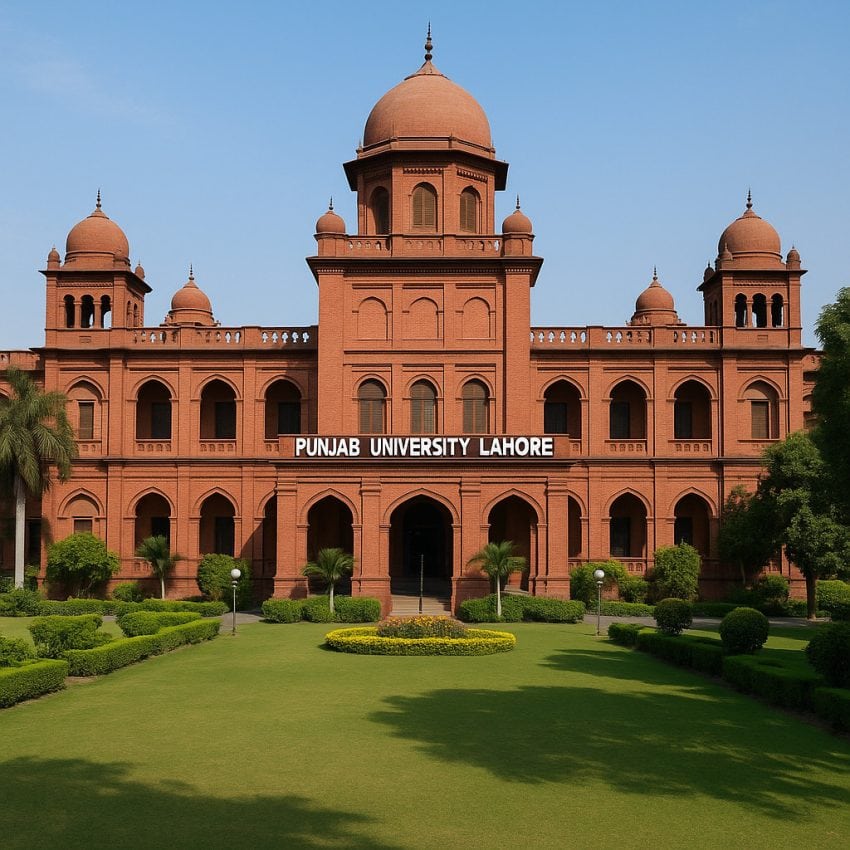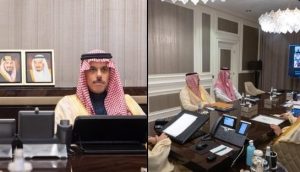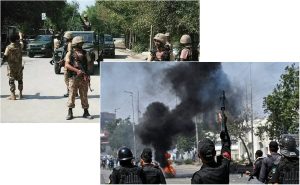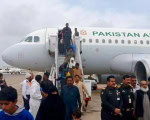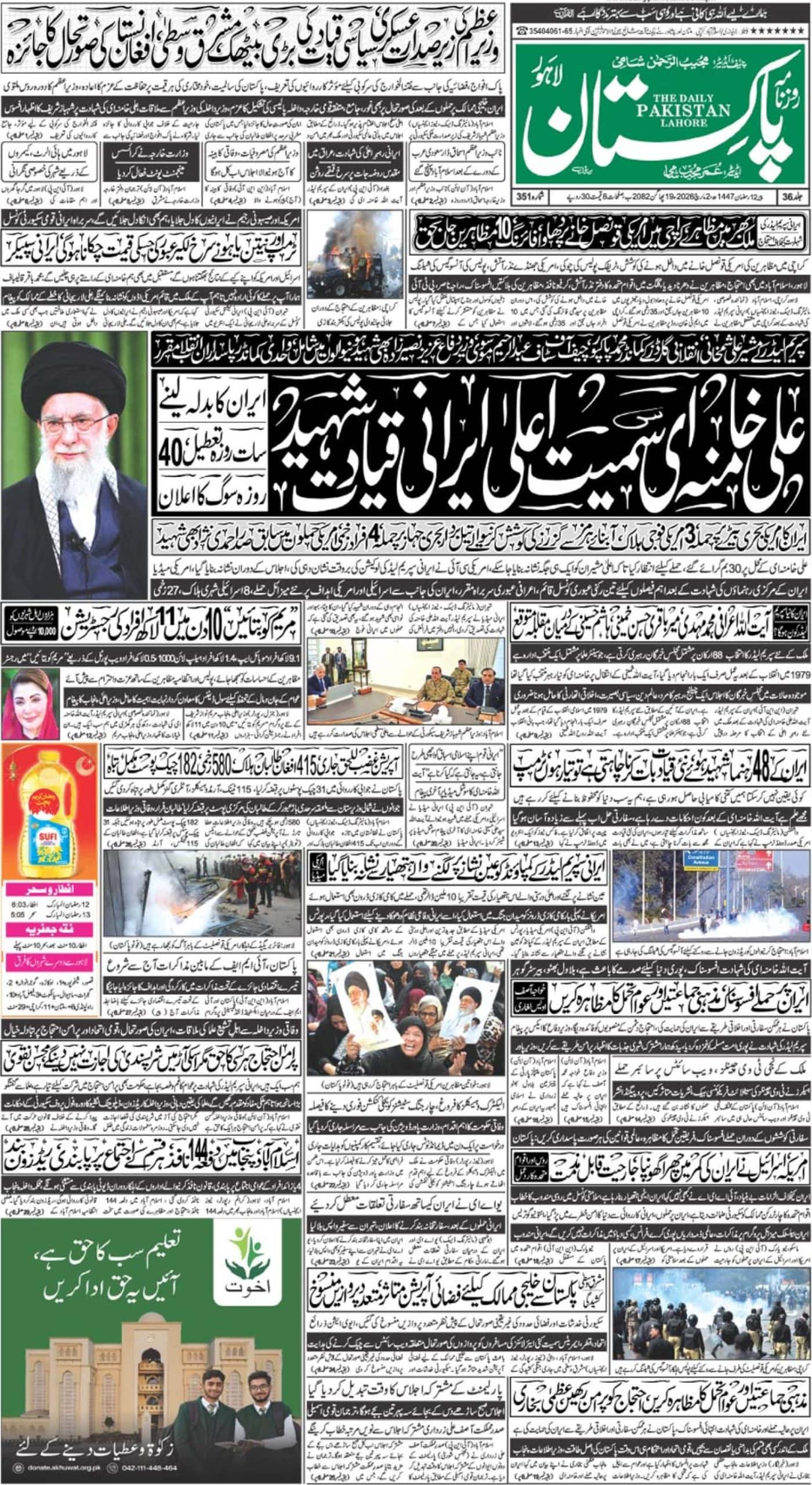LAHORE – The Department of Digital Media at the University of the Punjab is set to host a stakeholder dialogue on “Improving Science Communication Practices and Science Journalism in Pakistan” on Wednesday, November 12, 2025.
The event is being organised in collaboration with International Media Support (IMS) and the Institute of Research, Advocacy and Development (IRADA). It forms part of a national initiative under the Coalition of Media Education and Teaching (CoMET)—a network of more than 30 media studies departments across Pakistan—aimed at modernising media education. The dialogue is also supported by Mediastan, a platform dedicated to promoting media development in the country.
A key highlight of the event will be the launch of a new study titled “Information Integrity, Rationalist Media, and Public Interest Discourse: Mapping and Analysing Science Communication and Science Journalism Practices in Pakistan.” The study, co-authored by Dr Shafiq Ahmed Kamboh and Adnan Rehmat, has been jointly produced by IMS and IRADA.
The dialogue comes amid growing recognition of the pivotal role of science in shaping modern societies, influencing policy, and improving public welfare. Despite considerable advancements in scientific research, Pakistan continues to face challenges in effectively communicating scientific knowledge to the public, policymakers, and journalists.
Participants—comprising academics, science communicators, media professionals, and media development experts—will explore systemic weaknesses that have hindered the translation of scientific progress into public understanding. Discussions will focus on how the communication gap has left society vulnerable to misinformation, superstition, and the erosion of evidence-based discourse.
Both the dialogue and the study serve as a call to action for universities, science institutions, media organisations, and policymakers to work together to strengthen science communication. The organisers emphasise that institutional reforms in this area are critical to building resilience against misinformation, advancing evidence-based policymaking, and nurturing a scientifically literate and rational public sphere in Pakistan.

